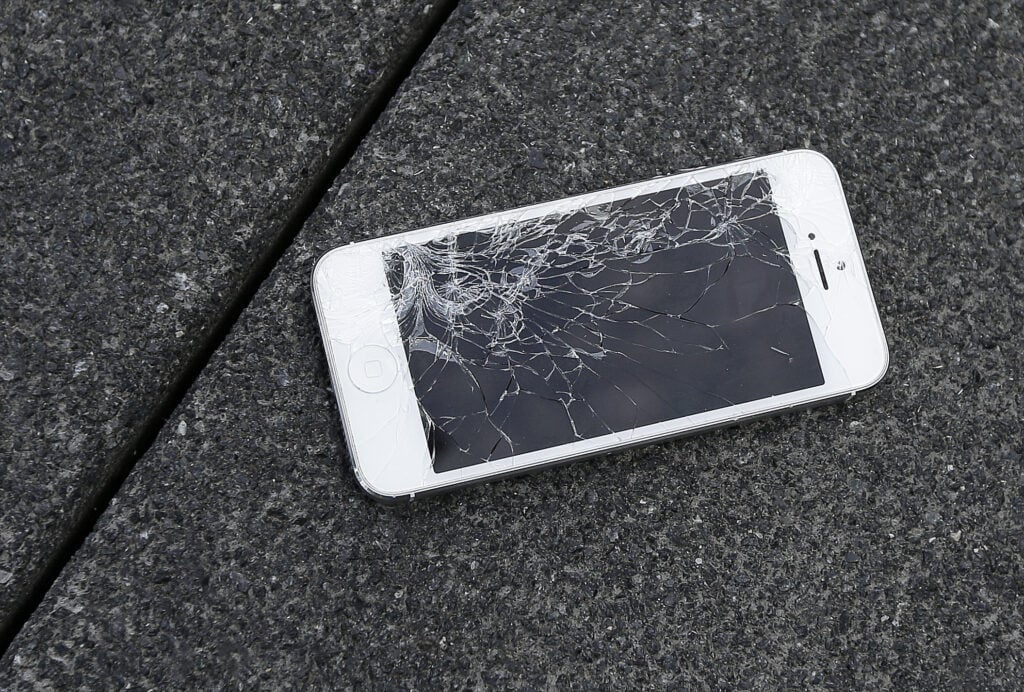Summary:
- Colorado’s new right-to-repair law allows residents to repair their cell phones, computers, and other devices.
- The law requires manufacturers like Samsung and Apple to provide documentation, software, and tools to device owners and independent repair shops at the same prices as authorized repair providers.
- The law prohibits manufacturers from restricting replacement parts and displaying misleading alerts about parts.
- The law passed on partisan lines, with Democrats in support and Republicans opposed, and will take effect on Jan. 1, 2026.
- Exemptions to the law include video game consoles, medical devices, electric car chargers, and more.
- Opponents of the law argue it could pose security risks and impact device reliability, while supporters believe it promotes consumer choice and reduces electronic waste.



You could claim safety concerns in anything and everything. Doesn’t mean that the manufacturer should have the right to intentionally make things that cannot be repaired due to drm.
In those counties that you cannot change a light switch on your own, do you have to call up the manufacturer of your home(and no other) and pay them to fix your light switch, and then have them say it’s better to just buy a whole new house, this one is not worth fixing.
No, it has to be certified (by state?) electrician.
Yes, exactly. State. Not the company that will profit more from you buying another house because their house is the only one allowed to have the cabinets and organization that you like. And have been using all your life.
That’s because the state is essentially responsible for house safety- there are many codes the buildings have to satisfy. Not everything is regulated like that. There are no many codes (if at all) associated with chargers, and charger safety is responsibility of a company making the charger. So at least I can see some logic here. But with low power devices like console the risk is very low to have someone electrocuted because incorrect low voltage (compared to what car is using to charge) card is installed. Maybe there is a risk of fire?